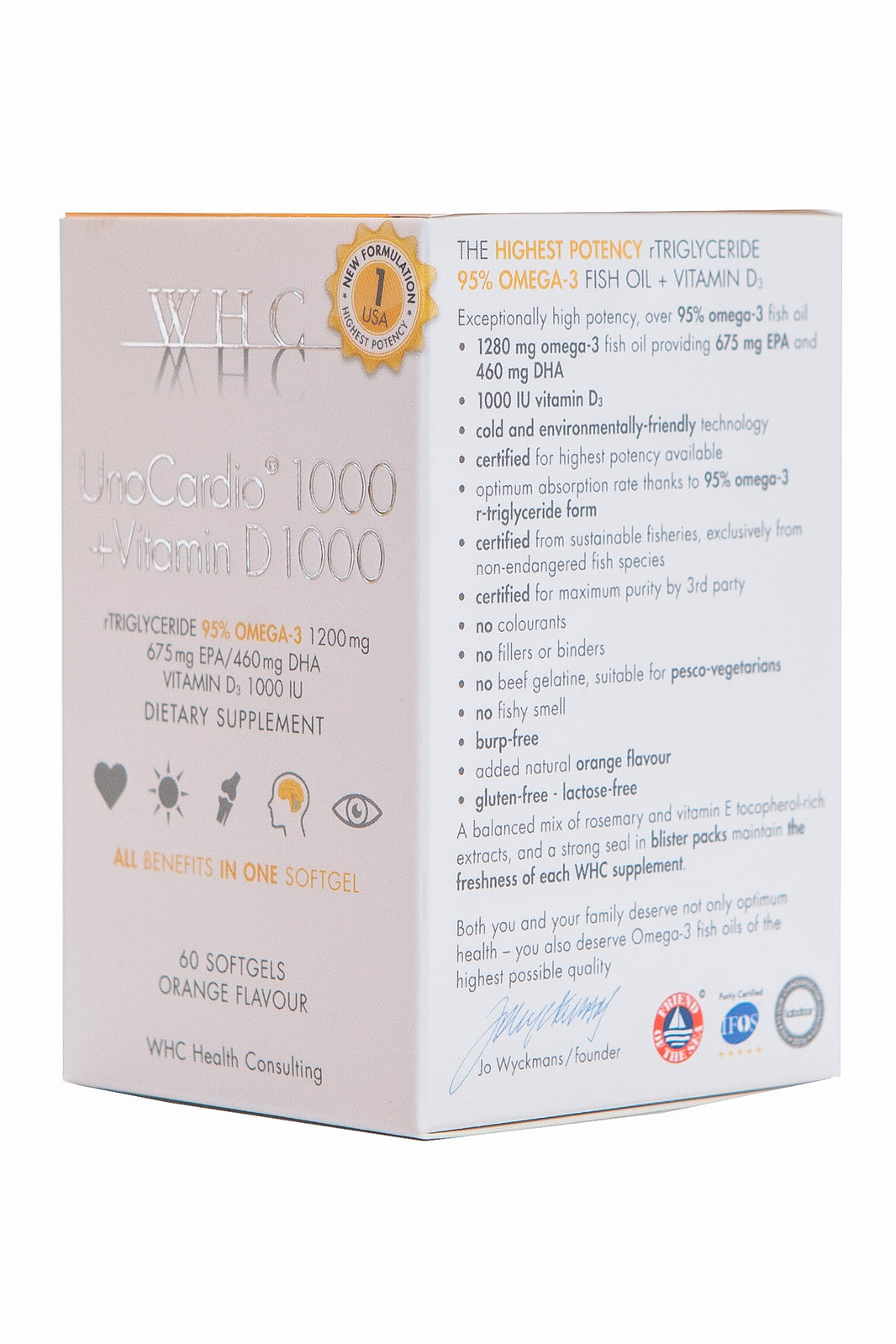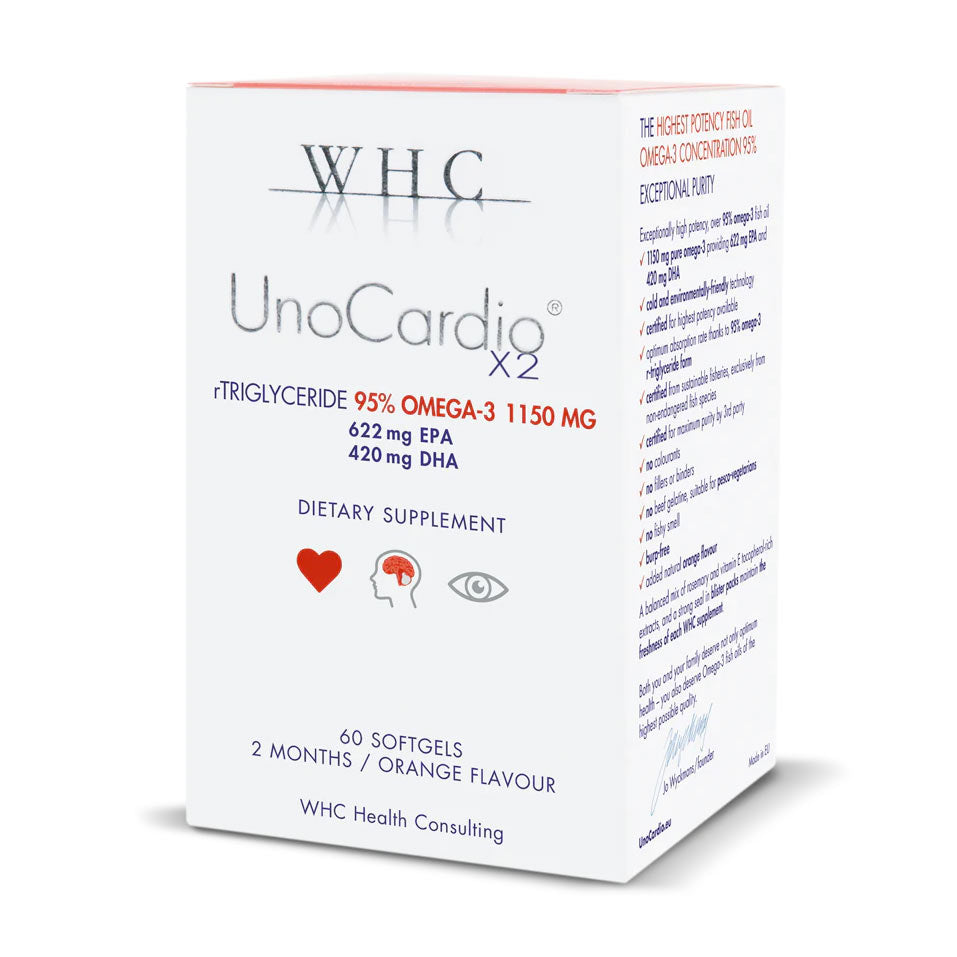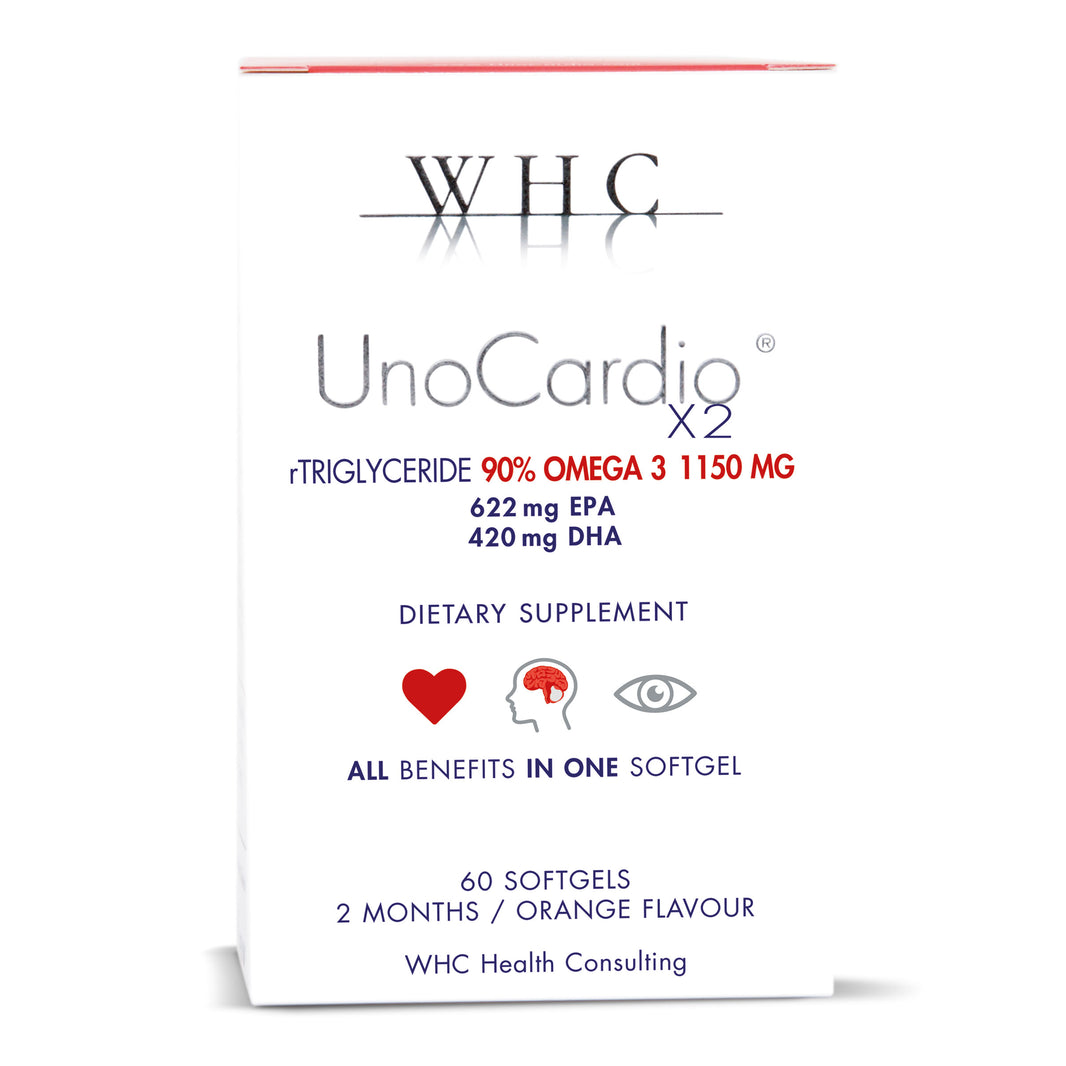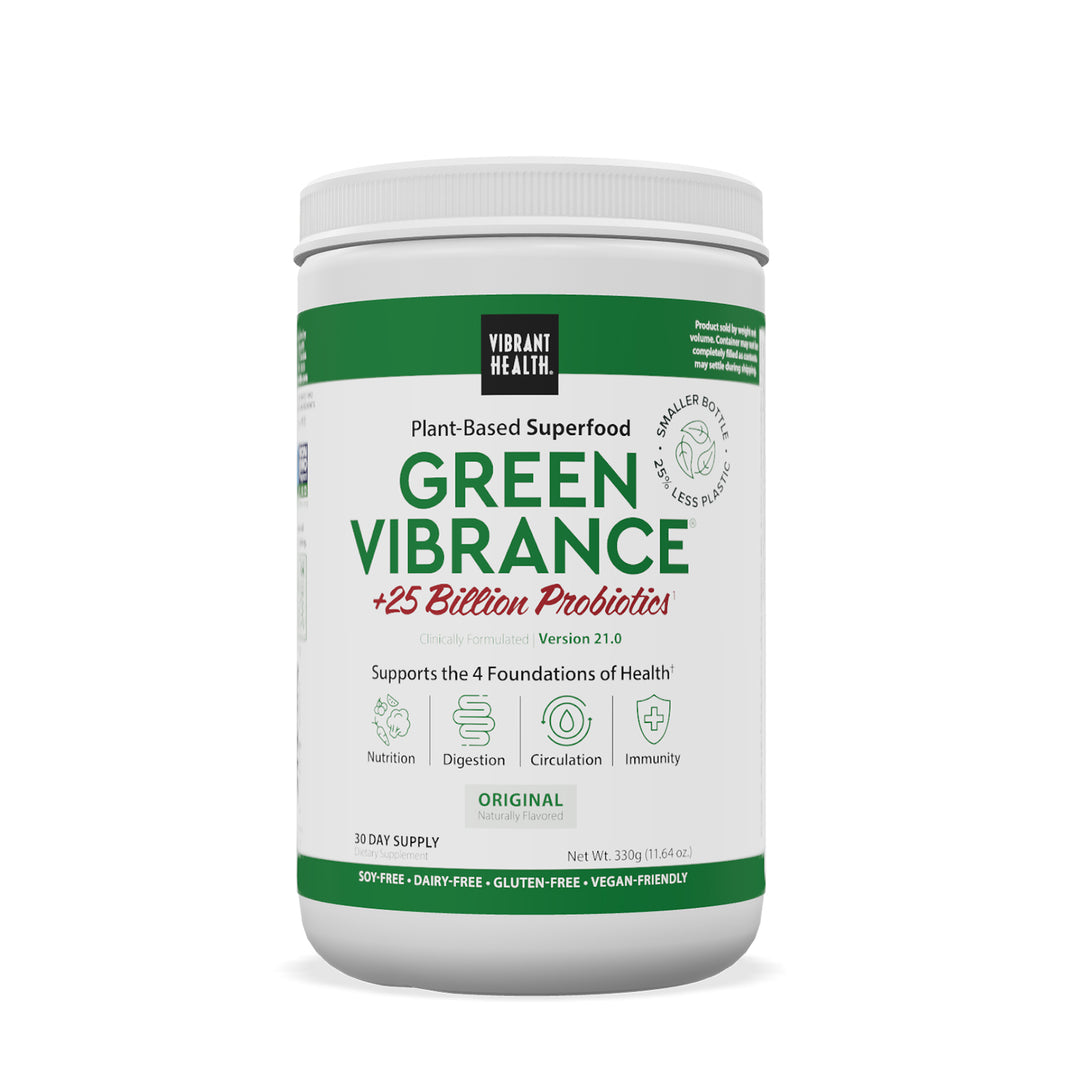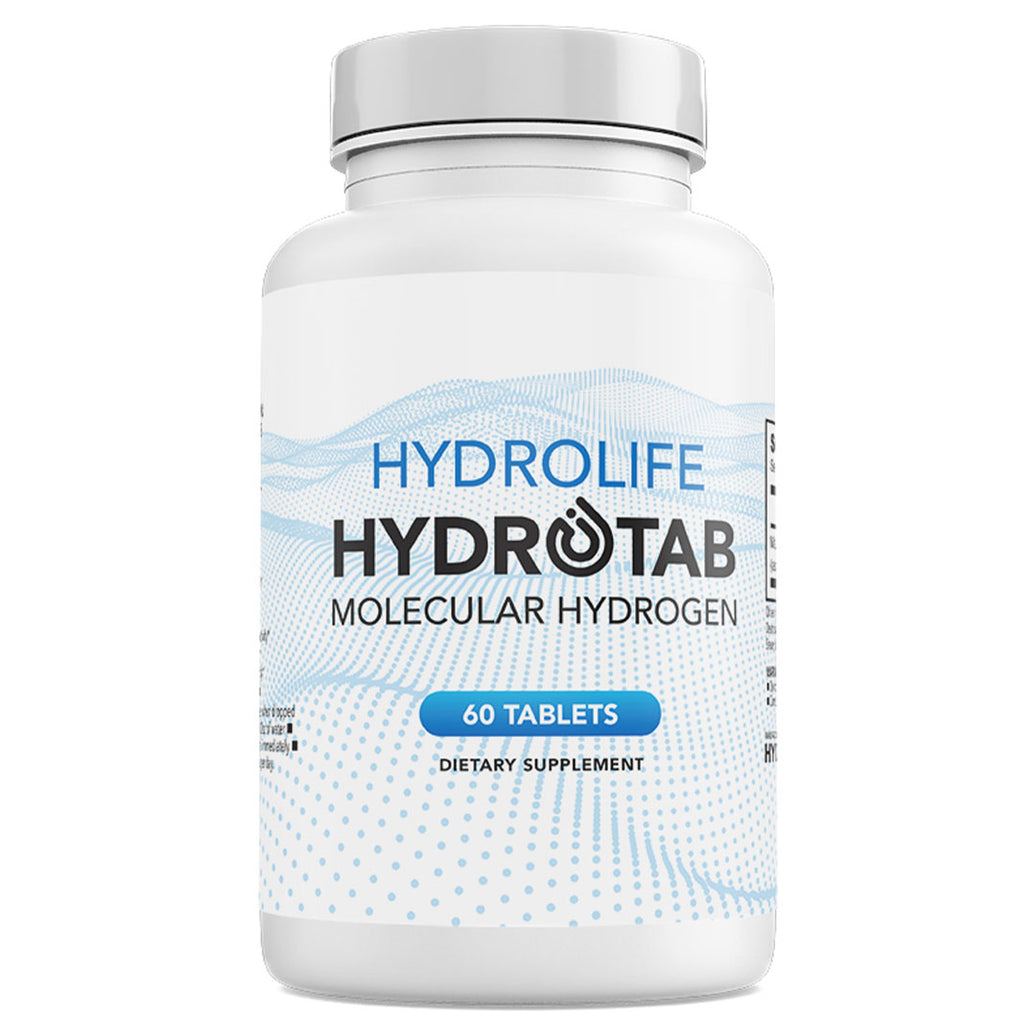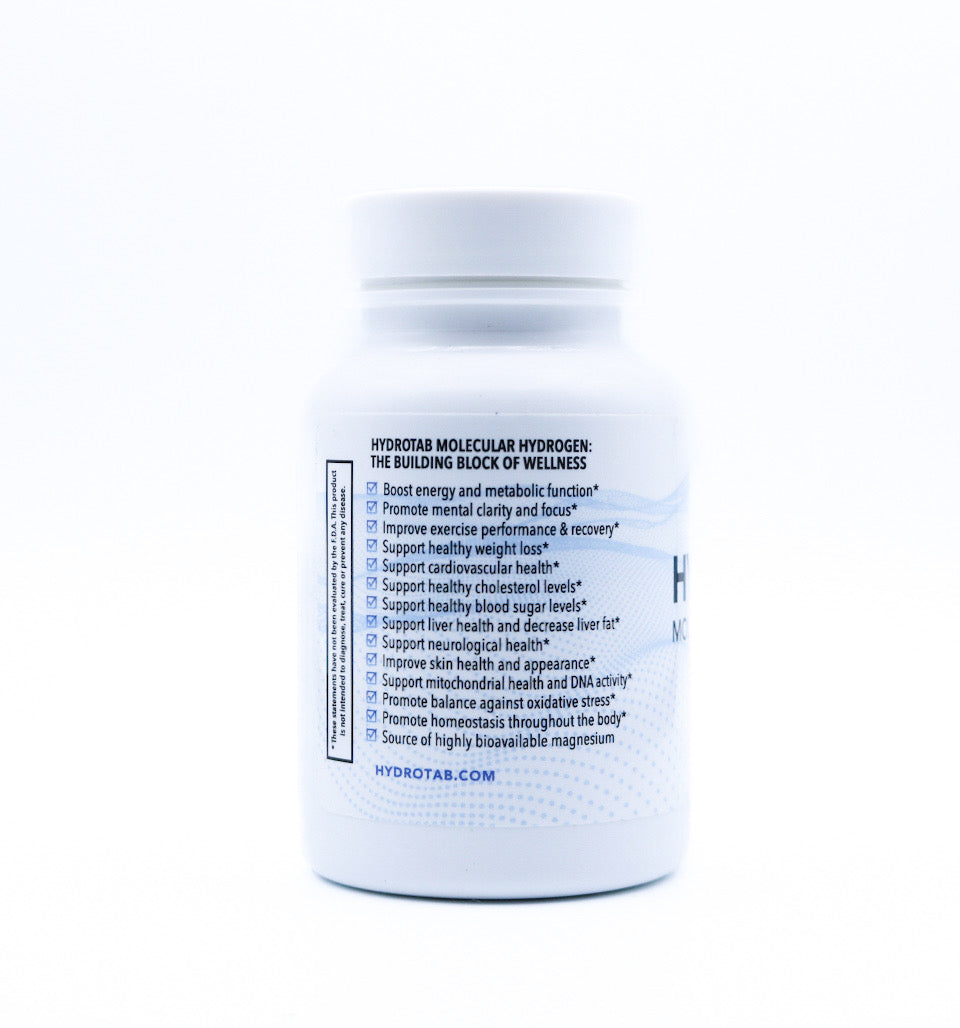Introduction to Omega 3 Fatty Acids: What Are They and Why Are They Important?
Omega-3 fatty acids are essential polyunsaturated fats that play a crucial role in human health. Unlike other fats, the body cannot synthesise omega-3s on its own, making it necessary to obtain them through diet or supplementation [1]. These essential fatty acids are foundational components of cell membranes and have been attributed to numerous health benefits, from reducing inflammation to supporting cardiovascular health (2). Omega-3s are primarily found in fish, such as salmon and mackerel, as well as in flaxseeds, chia seeds, and walnuts. Their importance extends beyond just physical health, influencing cognitive functions and mental well-being. Research has shown that adequate intake of omega-3s can mitigate symptoms of depression and anxiety, further emphasising their role in maintaining overall health and wellness (3).
There are three main types of omega-3 fatty acids:
- Alpha-linolenic acid (ALA): Found in plant-based sources like flaxseeds, chia seeds, and walnuts.
- Eicosapentaenoic acid (EPA) and Docosahexaenoic acid (DHA): Predominantly found in fatty fish such as salmon, mackerel, and sardines.
ALA serves as a precursor to EPA and DHA, but the conversion rate in the human body is relatively low (4). Thus, incorporating direct sources of EPA and DHA is often recommended for optimal health benefits.
Omega 3 Fatty Acids and Lung Health: Research and Benefits
Several studies have scrutinised the potential respiratory benefits of omega-3 fatty acids. Research suggests that omega-3s can positively impact lung function and reduce the symptoms associated with chronic obstructive pulmonary disease (COPD) and asthma (5). These benefits stem from the anti-inflammatory properties of EPA and DHA, which can help mitigate inflammation in the airways (6).
Skin Health and Omega 3: How It Affects Your Skin and Hair

Omega-3 fatty acids contribute significantly to skin health. They help maintain the skin's lipid barrier, which retains moisture and protects against irritants. Omega-3s have been shown to reduce acne, alleviate symptoms of dermatitis, and slow down the skin ageing process (7). Additionally, they promote hair growth by nourishing hair follicles from within, leading to stronger and shinier hair (8).
Mental Health and Omega 3: Insights into Depression, Anxiety, and Cognitive Function
The link between omega-3 fatty acids and mental health has garnered considerable attention. Studies have indicated that low levels of DHA in the brain are associated with an increased risk of depression and cognitive decline (9). Omega-3 supplementation has been found to alleviate symptoms of depression and anxiety, enhancing overall mood and cognitive function (10). EPA, in particular, has shown efficacy in reducing symptoms of major depressive disorder (11).
Additional Health Benefits of Omega 3 Fatty Acids
Beyond their well-known benefits for lung, skin, and mental health, omega-3 fatty acids offer a multitude of other invaluable health benefits:
- Cardiovascular Health: Omega-3s are crucial for maintaining heart health. They help reduce triglyceride levels, lower blood pressure, and prevent the build-up of plaque in the arteries. These effects collectively reduce the risk of heart disease and stroke, making omega-3s a key component of cardiovascular wellness (12).
- Anti-inflammatory Effects: Omega-3 fatty acids play a vital role in reducing systemic inflammation, which is particularly beneficial for conditions like rheumatoid arthritis and other inflammatory diseases. By decreasing the production of inflammatory cytokines and eicosanoids, omega-3s can help alleviate chronic pain and improve overall health (13).
- Eye Health: DHA, a type of omega-3 fatty acid, is a major structural component of the retina. Adequate intake of DHA can help prevent age-related macular degeneration, a leading cause of blindness in older adults. Additionally, omega-3s can alleviate symptoms of dry eye syndrome, ensuring better eye lubrication and comfort (14).
- Joint Health: Omega-3 fatty acids are also beneficial for joint health. They can help reduce joint pain and stiffness, making them particularly useful for individuals suffering from arthritis. By decreasing inflammation and promoting joint lubrication, omega-3s contribute to improved mobility and a better quality of life for those with chronic joint conditions (15).
Incorporating omega-3 fatty acids into your diet through sources like fish oil, flaxseeds, and walnuts, or through supplements, can provide these comprehensive benefits and promote overall health and well-being.
Incorporating Omega 3 into Your Diet: Tips and Delicious Recipes

Incorporating omega-3 fatty acids into your diet can be both easy and delicious. Here are some practical tips and recipes:
Tips:
- Include fatty fish like salmon, mackerel, and sardines in your meals at least twice a week.
- Add chia seeds and flaxseeds to smoothies, yoghurt, or oatmeal.
- Use walnut or flaxseed oil in salad dressings or drizzled over cooked vegetables.
- Consider omega-3 supplements, especially if you have dietary restrictions or do not think you are getting enough in your diet.
Recipes:
Salmon with Avocado Salsa:
- Ingredients: Fresh salmon fillets, olive oil, salt, pepper, avocado, tomato, red onion, lime juice, and cilantro.
- Instructions: Season salmon fillets with olive oil, salt, and pepper. Grill until cooked through. In a separate bowl, combine diced avocado, tomato, red onion, lime juice, and chopped cilantro. Serve avocado salsa over grilled salmon.
Chia Seed Pudding:
- Ingredients: Chia seeds, almond milk, honey, vanilla extract, and fresh fruit.
- Instructions: Mix chia seeds with almond milk, honey, and vanilla extract. Refrigerate overnight. Top with fresh fruit before serving.
Walnut and Flaxseed Salad:
- Ingredients: Mixed greens, walnuts, flaxseeds, cherry tomatoes, cucumber, feta cheese, and balsamic vinaigrette.
- Instructions: Toss mixed greens with cherry tomatoes, cucumber, crumbled feta cheese, and a generous sprinkle of walnuts and flaxseeds. Drizzle with balsamic vinaigrette.
The Value of Omega 3 Fatty Acids for Overall Wellness
Omega-3 fatty acids are indispensable for maintaining optimal health and well-being. From enhancing lung function and skin appearance to bolstering mental health and protecting against chronic diseases, the benefits of these essential fats are far-reaching. Whether through dietary sources or supplementation, ensuring an adequate intake of omega-3s can profoundly impact your overall wellness.
Incorporating omega-3-rich foods into your diet is a simple yet effective way to harness their numerous health benefits. Start today, and take a significant step towards a healthier and more vibrant life.
Water for Health are the UK distributors of WHC quality fish oils. These fish oils have been independently validated as the number 1 fish oil by Labdoor for quality and are very concentrated sources of EPA and DPA.
Written by Amy Morris, BSc (Hons) Nutritional Therapy. Amy has been a nutritional therapist for 12 years, specialising in recent years as a functional medicine nutritional therapist. Women’s health, and pre-diabetes and type 2 diabetes prevention are Amy’s specialist areas. Diagnosed with a chronic condition called endometriosis at age 20, this is what motivated Amy to study nutrition. Amy has been in remission for 6 years now, attributing powerful nutrition, lifestyle and bio-identical hormone strategies she now shares with her clients. https://www.greathealthnaturally.co.uk/
Water for Health Ltd began trading in 2007 with the goal of positively affecting the lives of many. We still retain that mission because we believe that proper hydration and nutrition can make a massive difference to people’s health and quality of life. Click here to find out more.
References
- “Omega-3 Fatty Acids: An Essential Contribution.” The Nutrition Source, 18 Sept. 2012, nutritionsource.hsph.harvard.edu/what-should-you-eat/fats-and-cholesterol/types-of-fat/omega-3-fats/#. Accessed 29 May 2024.
- Mohebi-Nejad, A., & Bikdeli, B. (2014). Omega-3 supplements and cardiovascular diseases. Tanaffos, 13(1), 6–14.
- Reily, N. M., Tang, S., Negrone, A., Gan, D. Z. Q., Sheanoda, V., & Christensen, H. (2023). Omega-3 supplements in the prevention and treatment of youth depression and anxiety symptoms: A scoping review. PloS one, 18(4), e0284057. https://doi.org/10.1371/journal.pone.0284057
- Oregon State University . “Essential Fatty Acids.” Linus Pauling Institute, 6 Sept. 2019, lpi.oregonstate.edu/mic/other-nutrients/essential-fatty-acids.
- Fekete, Monika, et al. “Effects of Omega-3 Supplementation on Quality of Life, Nutritional Status, Inflammatory Parameters, Lipid Profile, Exercise Tolerance and Inhaled Medications in Chronic Obstructive Pulmonary Disease.” Annals of Palliative Medicine, vol. 11, no. 9, 1 Sept. 2022, pp. 2819829–2812829, apm.amegroups.org/article/view/99006/html, https://doi.org/10.21037/apm-22-254. Accessed 14 July 2023.
- Calder P. C. (2013). Omega-3 polyunsaturated fatty acids and inflammatory processes: nutrition or pharmacology?. British journal of clinical pharmacology, 75(3), 645–662. https://doi.org/10.1111/j.1365-2125.2012.04374.x
- Thomsen, B. J., Chow, E. Y., & Sapijaszko, M. J. (2020). The Potential Uses of Omega-3 Fatty Acids in Dermatology: A Review. Journal of cutaneous medicine and surgery, 24(5), 481–494. https://doi.org/10.1177/1203475420929925
- Kang, J. I., Yoon, H. S., Kim, S. M., Park, J. E., Hyun, Y. J., Ko, A., Ahn, Y. S., Koh, Y. S., Hyun, J. W., Yoo, E. S., & Kang, H. K. (2018). Mackerel-Derived Fermented Fish Oil Promotes Hair Growth by Anagen-Stimulating Pathways. International journal of molecular sciences, 19(9), 2770. https://doi.org/10.3390/ijms19092770
- Cardoso, Carlos, et al. “Dietary DHA and Health: Cognitive Function Ageing.” Nutrition Research Reviews, vol. 29, no. 2, 21 Nov. 2016, pp. 281–294, https://doi.org/10.1017/s0954422416000184.
- Mischoulon, David . “Omega-3 Fatty Acids for Mood Disorders.” Harvard Health Blog, 3 Aug. 2018, www.health.harvard.edu/blog/omega-3-fatty-acids-for-mood-disorders-2018080314414.
- Lamon-Fava, Stefania, et al. “Clinical Response to EPA Supplementation in Patients with Major Depressive Disorder Is Associated with Higher Plasma Concentrations of Pro-Resolving Lipid Mediators.” Neuropsychopharmacology, vol. 48, no. 6, 12 Jan. 2023, pp. 929–935, https://doi.org/10.1038/s41386-022-01527-7. Accessed 19 Sept. 2023.
- Mohebi-Nejad, A., & Bikdeli, B. (2014). Omega-3 supplements and cardiovascular diseases. Tanaffos, 13(1), 6–14.
- Calder P. C. (2010). Omega-3 fatty acids and inflammatory processes. Nutrients, 2(3), 355–374. https://doi.org/10.3390/nu2030355
- Lawrenson, J. G., & Evans, J. R. (2015). Omega 3 fatty acids for preventing or slowing the progression of age-related macular degeneration. The Cochrane database of systematic reviews, 2015(4), CD010015. https://doi.org/10.1002/14651858.CD010015.pub3
- Kostoglou-Athanassiou, I., Athanassiou, L., & Athanassiou, P. (2020). The Effect of Omega-3 Fatty Acids on Rheumatoid Arthritis. Mediterranean journal of rheumatology, 31(2), 190–194. https://doi.org/10.31138/mjr.31.2.190







